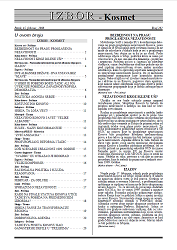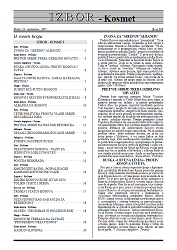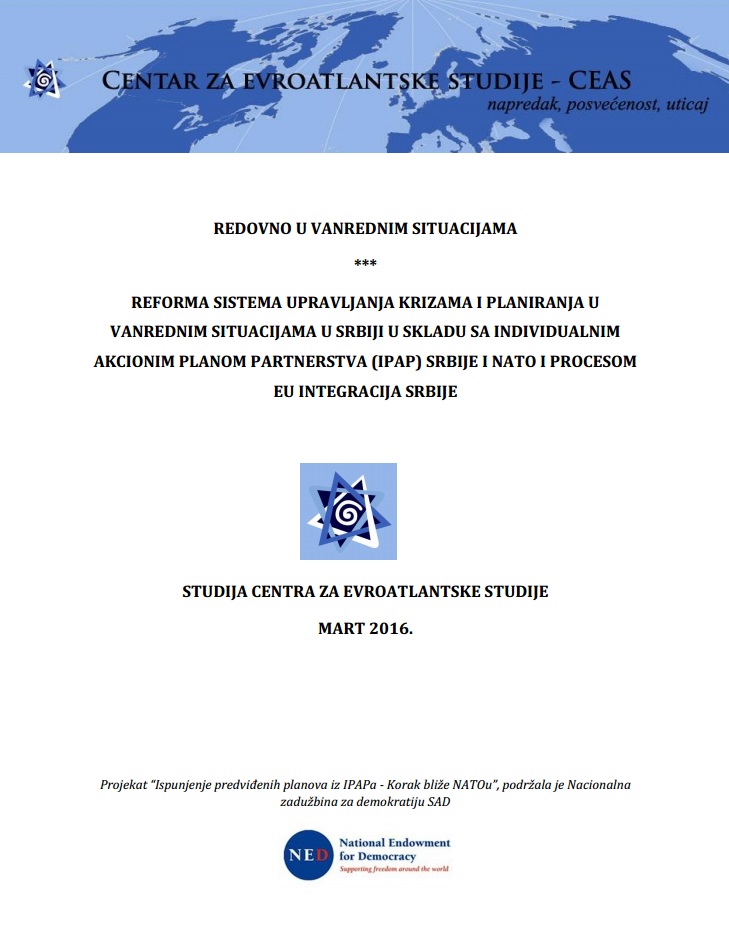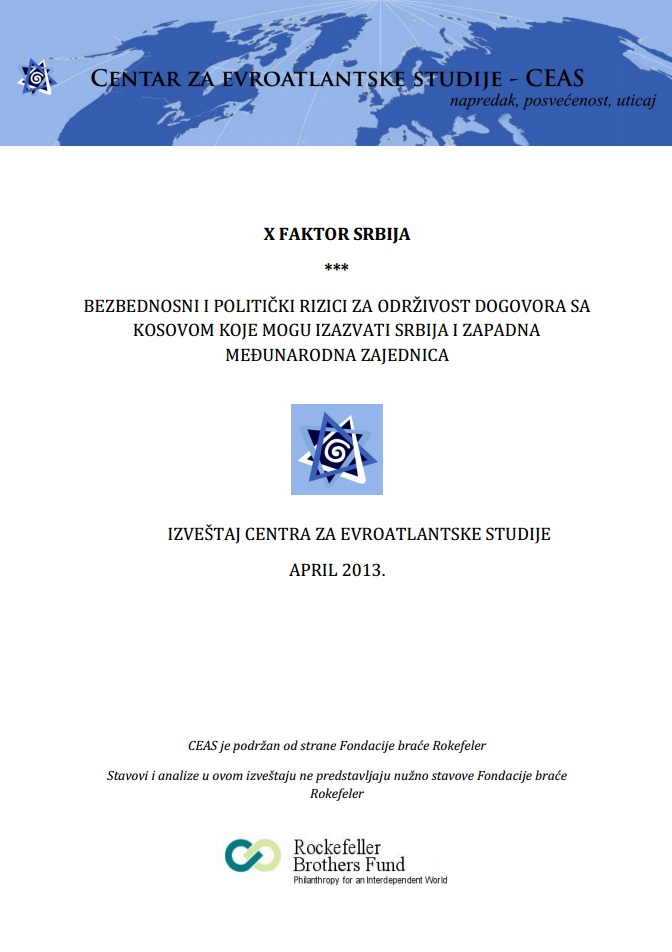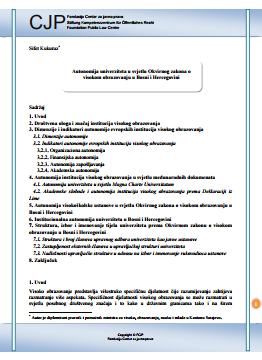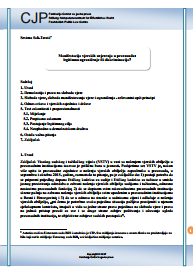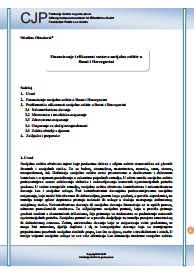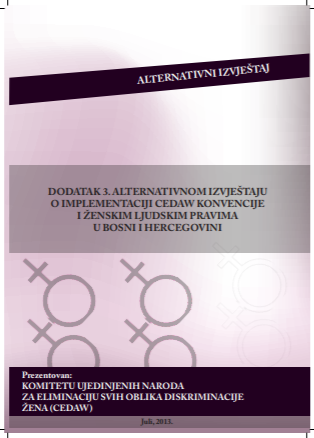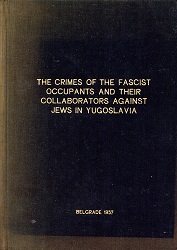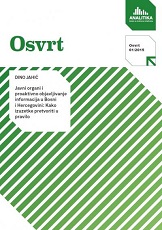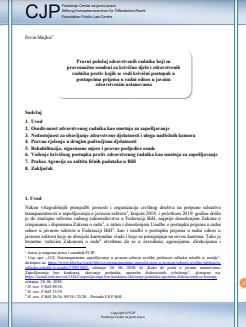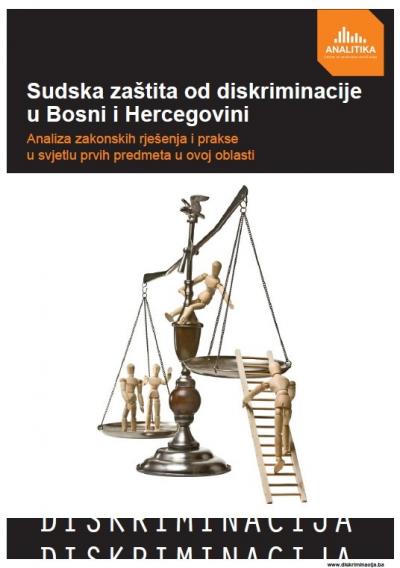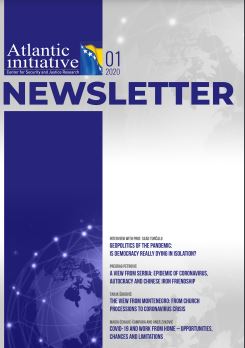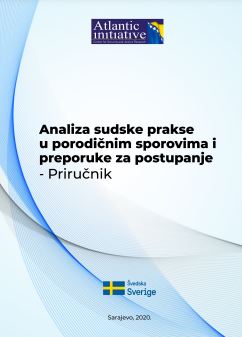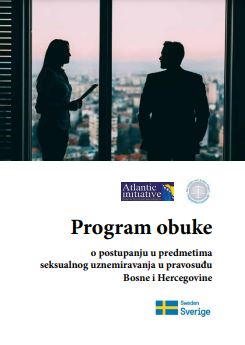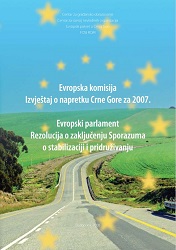Druga Srbija
Author(s): Radomir Konstantinović,Latinka Perović,Filip David,Pavle Ugrinov,Mladen Lazić,Aljoša Mimica,Nenad Prokić,Ivan Vejvoda,Gojko Nikoliš,Mirko Tepavac,Sima M. Ćirković,Miladin Životić,Branka Mihajlović,Slobodan Blagojević,Bogdan Bogdanović,Vladimir Pogačić,László Végel,Petar Luković,Vladan A. Vasiljević,Hamdija Demirović,Mileta Prodanović,Zagorka Golubović,Dragan Veselinov,Ljubiša Rajić,Milica Lučić-Čavić,Sreten Vujović,Nataša Kandić ,Obrad Savić,Vuk Stambolović,Velimir Abramović,Milovan Đilas,Aleksandar Nenadović,Slobodan Inić,Nebojša Popov,Ivan Čolović,Borka Pavićević,Slobodan Stojanović,Milan Milošević,Đorđe Lebović,Vesna Pešić,Žarko Korać,Miodrag Zupanc,Jelena Šantrić,Sonja Liht,Miloš Bobić,Nikola Barović,Miroslav Milović,Dušan Makavejev,Ljubomir Madžar,Mikloš Biro,Ljubinka Trgovčević,Branko Kukić,Dušan Simić,Nenad Daković,Jelica Zupanc,Živojin Kara-Pešić,Biserka Rajčić,Zoran Vidojević,Stevan Pešić,Nenad Fišer,Mirko Gaspari,Veljko Milatović,Srđan Karanović,Mirjana Miočinović,Dragan Babić,Svetlana Knjazev-Adamović,Milorad Belančić,Ina Ovadija-Musafija,Biljana Jovanović,Marina Blagojević,Stanica Lalić,Dragoljub Petrović,Dubravka Marković,Vesna Krmpotić,Novak Pribićević,Goran Marković,Dušan Janjić,Gordana Logar,Miljenko Dereta / Language(s): Bosnian,Croatian,Serbian
/ Publication Year: 0
Keywords: Serbia; nationalism; totalitarianism; modernization; ideology; dialogue; politics; democratization; decadence; BIH; Croatia; intellectuals; political regime; Vojvodina; minorities; civil society;
Every Saturday for a period of two months, from the beginning of April till the end of June 1992, sessions organized by the Belgrade Circle were held at the Student Cultural Centre in Belgrade. At these sessions, ten in all, intellectuals, members of the Belgrade Circle and their quest – distinguished writers, scientists, artists, journalists, film and theatre directors, architects, actors, interpreters – expressed their own views of another, radically different Serbia. In times of anguish and affliction, the meetings, attended by a large assembly of listeners experiencing a kind of moral purification, were nonetheless imbued with a frail hope that there still might be a chance for a turn in events. With a desire to present ideas, opinions and sensations shared by the participants of the Belgrade Circle sessions to a much larger audience, the reading public, and to preserve them, because of their merit, in a more lasting form, discussions of over eighty intellectuals were compiled to form this book. In the meantime, the overwhelming disaster has reached its climax: »The Bosnian War«, still raging with no feasible way out as yet, exploded and blazed up like fire. The Belgrade Circle participants, distressed and abashed at the display of all those real or imagined evil deeds, so eagerly reported by the portentous heralds of death voiced hitherto often deeply hidden and silent feelings and thoughts about their burdensome disgust at the plague gripping and afflicting us all. Each participant contributed in his or her own way – rigorous scientific analysis, artistic susceptibility, eyewitness accounts, or simply. A public-minded desperate wail – to the shaping of one new, public opinion, the one that stirred in that sad Spring of ’92 and rebelled against the general fear, animosity, devastation, extermination, ethnic cleansing, forcible population exchanges... All those responsible and public-minded citizens, holding different political opinions, some members of various political parties, with incomparable personal experiences, varied professional interest and often of »objectionable« national origin, showed, however the will to insert tolerance among the basic principles of a humanized way of fife. But, in spite of the pronounced differences, their common aim, discernable in each and every speech imported to the audience, was to finally establish a community based on simple but as yet still unattainable ideals such as peace, freedom, tolerance and justice in place of degrading political, national and religious exclusiveness. Participants focussed their attention on various aspects of the problem: some analysed the roots of hatred and evil; some indicated the disastrous consequences of irresponsible national myth revivals; others warned of menaces yet to come unless we see reason in time. Some were stern, others witty and others still perhaps too prone to pathos, but they were all deeply concerned, and, as it unfortunately turned out, correct in predicting subsequent events. Therefore, individuals who take no notice of current, official policy and who have for a long time now tenaciously refused to render their talent and knowledge to the needs of the authorities, gathered round a project titled »Another Serbia«. Instigating a state of war and providing alleged erudite justification for the necessity of mutual extermination in the name of some noble goals, vague even to the very massacre executors, must not and cannot be the vocation of anyone who considers him or herself an »intellectual«, or earns a living acting as one. Hence, all session participants had but one desire: to mark out a path that may lead into a more promising future, to another, different, better and happier Serbia. »Another Serbia« soon became the synonym of resistance to fabricated lies, nationalistic madness, criminal war, a fascist holocaust, senseless destruction of villages and cities. Thanks are also due to the daily newspaper »Borba« which regularly reported on the Belgrade Circle Saturday sessions, and published a number of contributions presented there... We hope that the Another Serbia we all aspire to be easily discernable in the collection of essays presented in this book. The reader who hopes to find traces of at least some political program will be gravely disappointed. At present, when politics have poisoned the very soul of so many men of letters and knowledge, and when, among the most violent oppressors, in the ranks of all mortal enemy groups, one finds so many proud bearers of scientific degrees, who may actually be designated as men of unmerited and easily squandered reputation, it has become somewhat indecent to praise »intellectual pursuits«. The Belgrade Circle was, however, founded early in 1992 with the aim of retrieving dignity – another dangerous quality! – to public speech and conceived plans of action for the benefit of truth. We do not take an elitist position and stand indifferently above the crowd. On the contrary, being deeply involved and concerned, we place ourselves in its midst. The Association of Independent intellectuals insists upon its main goal, as declared in the program, namely, to bring together »critically oriented public figured who wish to unite their own civil and intellectual engagements with those of other, basically similarly oriented people«. That is why the Belgrade Circle will continue to »promote ideas, deeds and activities that affirm the values of a democratic, civil and plural society...« The Belgrade Circle will »encourage free and critical thought in all spheres of public life. It will support and help institutions and individuals who resist violence and animosity, and who plead for dialogue and for the survival of culture as the only humanly valid way of life«. Fine speeches? Maybe. Nevertheless, the Belgrade Circle has already, and despite many organizational and financial hardships, as well as ugly and unjust abuse from people who should have been, by the very nature of their vocation, in our ranks had they not knuckled under the burden of a more noble – national to be sure – mission, gained an undeniably high reputation. The words uttered with the aim of promoting »Another Serbia« and presented in this book to serve at testimony to the existence of a number of sensible people, shrewd and brave enough to resist suffocation by overwhelming absurdity, were not the only »weapon« used by Belgrade Circle members. They had also an active part in numerous civil and peace movements and events, thus contributing to the establishment of critical public opinion in Belgrade and Serbia: let us recall, for instance, the sad candles and our wake in the park, with souls colder than the Belgrade frost, while one of the past infernal wars – God, which one was it? – was raging out there somewhere; let us recall the »Black Band«, »Yellow Band«, »Student Protest ‘92«, and our endeavours to bring the people of Hrtkovci (»Srbislavci«) to reason; let us recall our guests from Pljevlja, Montenegro, Bosnia... All the time we were just launching our unhappy and, we believe, noble, though perhaps futile venture the very first participant said: let the Belgrade Circle begin it’s work! We hope that by offering this book to the public we have already come a long way.
More...
